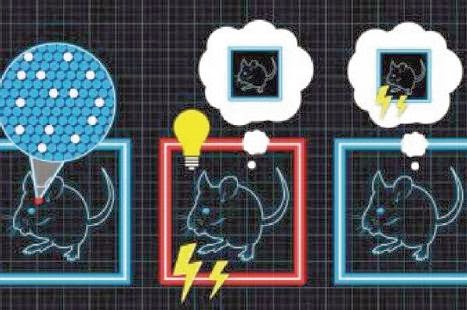Guilty or Not Guilty: Policy Considerations for Using Neuroimaging as Evidence in Courts

By Sunidhi Ramesh This post was written as part of a class assignment from students who took a neuroethics course with Dr. Rommelfanger in Paris of Summer 2016. Sunidhi Ramesh, an Atlanta native, is a third year student at Emory University where she is double majoring in Sociology and Neuroscience and Behavioral Biology. She plans to pursue a career in medicine and holds a deep interest in sparking conversation and change around her, particularly in regards to pressing social matters and how education in America is both viewed and handled. In her spare time, Sunidhi is a writer, bridge player, dancer, and violinist. In 1893, Dr. Henry Howard Holmes opened his World’s Fair Hotel to the world [1]. But what his guests did not know was that the basement was filled with jars of poison, boxes of bones, and large surgical tables. Chutes from the guest rooms existed only to slide bodies into a pile downstairs. In the few months that the hotel was open for the public, Holmes, dubbed ...




